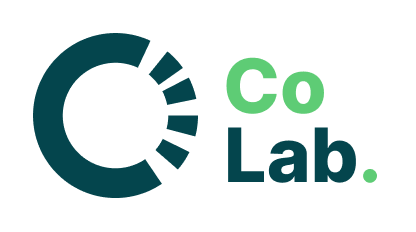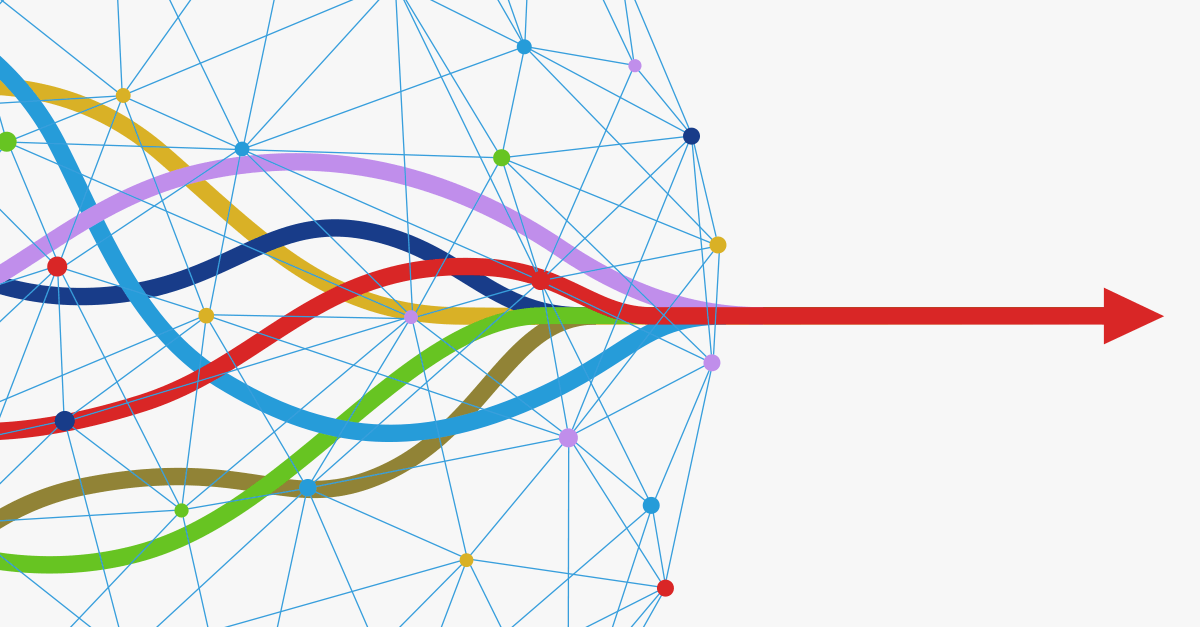In Search of Support 🔎
In the dynamic and ever-evolving world of teaching, educators often find themselves navigating through various support networks to enhance their professional growth and improve student outcomes. Among the most prevalent support structures are; Professional Learning Communities (PLCs), Critical Friend Groups (CFGs), and mentorship programs. While each serves the purpose of fostering professional development, they differ in their approach, focus, and benefits. Read on to learn more and consider what might work best for you in the coming 2024/25 school year!
Professional Learning Communities (PLCs):
Professional Learning Communities are collaborative groups of educators who come together to share expertise, resources, and experiences to improve teaching practices and student learning. These communities can consist of teachers within the same school or can include a wider group from a district/board, all focusing on a specific topic.
Benefits of PLCs:
1. Collaboration: PLCs provide a platform for teachers to collaborate and brainstorm ideas, share best practices, and develop innovative teaching strategies.
2. Data-Driven Decision Making: Through PLCs, educators can analyze student data collectively, identify areas for improvement, and implement targeted interventions.
3. Continuous Improvement: By engaging in ongoing dialogue and reflection, PLC members continuously refine their teaching practices to meet the needs of their students better.
For example, I joined a project-based learning PLC when I was teaching at Appleby College. We used the book, “Setting the Standard for Project Based Learning” and engaged in a book club-esque structure for our sessions. The most valuable part for me was when we observed each other’s teaching and gave feedback as it related to the strategies we were exploring together.
Questions to Guide your PLC
Where are we going?
Where are we now?
How will we know if we achieved our goals?
What did we notice?
What did we learn?
Critical Friend Groups (CFGs):
Critical Friend Groups are small, peer-led communities that offer constructive feedback, support, and challenge to help educators critically reflect on their practice and enhance their professional growth. Unlike PLCs, CFGs typically consist of teachers only from one school and focus on individual teacher development rather than collective goals.
Benefits of CFGs:
1. Peer Feedback: CFGs provide a safe space for teachers to receive honest and constructive feedback from their peers, offering fresh perspectives and insights into their teaching practice.
2. Reflection: Through regular meetings and discussions, CFG members engage in deep reflection on their teaching practice, identifying strengths, weaknesses, and areas for growth.
3. Accountability: CFGs hold members accountable for setting and achieving professional goals, providing motivation and support to stay focused on continuous improvement.
How do you know if you have a critic or a critical friend?
Critics might make you feel insecure, only identify your flaws, and think for you.
Critical friends will motivate you, show a balanced perspective, give you space to think, experiment and fail.
Mentorship Programs:
Mentorship programs pair experienced educators (mentors) with novice or less experienced teachers (mentees) to provide guidance, support, and professional development opportunities. Mentors serve as role models, coaches, and advisors, offering personalized support tailored to the specific needs and goals of their mentees.
Benefits of Mentorship Programs:
1. Skill Development: Mentees have the opportunity to learn from the expertise and experience of their mentors, while mentors can also gain new perspectives from their mentees. Both gain valuable insights and skills to enhance their teaching practice.
2. Career Advancement: Mentorship programs can contribute to the career advancement for both mentors and mentees by providing opportunities for leadership, networking, and professional growth.
3. Emotional Support: Mentors often offer emotional support and encouragement to mentees, helping them build confidence, resilience, and a sense of belonging within the teaching profession.
Most likely, you have an official mentor in your life or have been given one by your school. Few people consider the ways in which they can become mentors.
Are you ready to become a mentor?
Here are some questions to ask yourself:
Can I keep my words and actions consistent?
Am I an active listener?
What challenges may I face in this role?
Does this opportunity excite me?
Choosing the Right Support Network:
When deciding which support network is best suited to their needs, teachers should consider their specific goals, needs, and comfort levels. Ultimately, the most effective approach to professional development may involve a combination of these support networks, allowing teachers to benefit from collective collaboration and personalized guidance.
Do you need help finding a support network?
Join the waitlist for CoLab and be the first to be notified when we are launched and ready to host you and a vibrant and dedicated community of educators! 🤝




